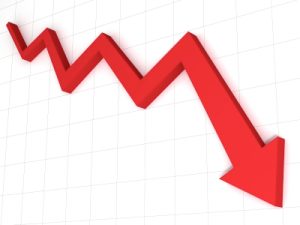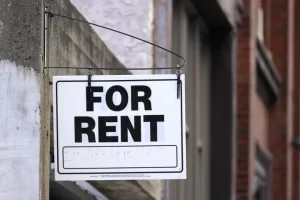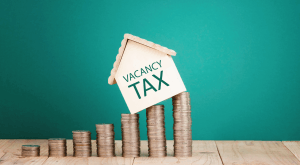Amidst a sluggish economic recovery post-pandemic, Canada’s economy shows modest growth, with real GDP marking a 0.2% increase in January, continuing a steady trend with an eight month streak.¹ However, concerns loom beyond this incremental progress.
Inflation soared to nearly a 30-year high, hitting 5.7% in February.¹ Yet, the soaring prices of essentials pale compared to the soaring cost of Canadian real estate investment, with the average reaching an astounding $868,400 within the last two years—a staggering 51% surge according to the Canadian Real Estate Association.²
Effects of the Ban on Foreign Housing Investors
To provide relief to potential homebuyers, the government initiated a two-year ban on foreign real estate investment in Canada. Aimed at freeing up inventory for domestic buyers and curbing competition, this measure intends to moderate the heated housing market.
The ban extends to disincentivizing sellers from offloading properties owned for less than a year. Investors in fix-and-flip models should anticipate higher costs impacting net profits. For some, pivoting to long-term property holdings and maximizing rental income might mitigate these effects.
Evaluating the Ban’s Real Impact
While this ban aims to aid aspiring homeowners, its actual effect remains doubtful. Exemptions for foreign students and permanent residency holders among foreign workers dilute its impact. Statistics revealing foreigners accounting for only 1% of all home purchases in 2020 suggest marginal relief in home prices.³
Moreover, loopholes emerge as domestic investors, at times, act on behalf of overseas family members, bypassing the ban and rendering it ineffective.² Industry experts largely downplay its significance on a broader scale, especially in metropolitan areas.
Regional and Market-Specific Insights
The ban’s impact might resonate more in cities like Vancouver or Toronto, though still minimal. Despite potential relief for local property investors, the ban may not significantly alter the market dynamics. High-ranking professionals assert its immaterial impact overall.
Key Takeaways
Real estate investors, including those in Windsor, need not fear the ban’s repercussions. While offering slight relief in home prices, the ban minimally affects most investors. In fact, it reduces competition, creating expansion opportunities, especially in urban centers.
Comparative Analysis
Similar bans, as observed in New Zealand, addressed supply and demand but fell short in resolving underlying affordability issues.³
Sources
- Statistics Canada. (2022, April 14). Canadian Economic Dashboard and COVID‑19. Retrieved April 15, 2022, from https://www150.statcan.gc.ca/n1/pub/71-607-x/71-607-x2020009-eng.htm
- Austen, I. (2022, April 9). Canada Moves to Ban Foreign Real Estate Buyers for Two Years. The New York Times. Retrieved April 15, 2022, from https://www.nytimes.com/2022/04/09/world/canada/foreign-real-estate-buyer-ban.html
- Wheatley, M. (2022, April 12). Canada introduces home buying ban for foreigners. RealtyBizNews: Real Estate Marketing & Beyond. Retrieved April 15, 2022, from https://realtybiznews.com/canada-introduces-home-buying-ban-for-foreigners/98769773/






